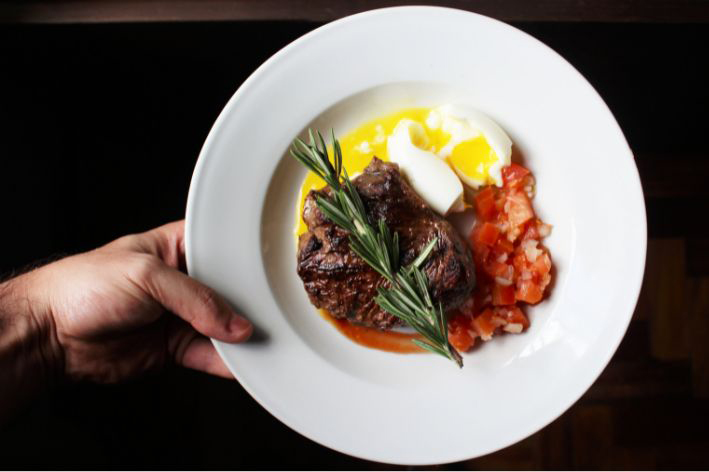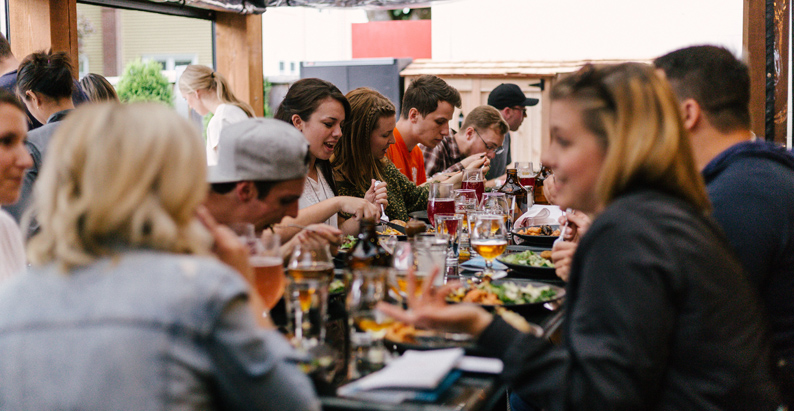According to recent research, in spite of the current economic pressures there are still many things clubs can do to improve their food services and bottom line.
By keeping an eye on current insights into generational, societal and environmental trends, clubs can meet the needs of their members and guests while taking care of the budget.
Currently, trends have moved toward local, sustainable menus that address dietary requirements across the generations as well as acknowledging economic and social challenges.
There are several steps clubs can take to address these trends.
With a growing awareness of the importance of sustainability, clubs who source locally benefit from reducing their carbon footprint, while supporting small businesses.
Research figures show that seventy-two per cent of diners prefer supporting small businesses.
Engaging members in demonstrable sustainability practices, such as holding a food market where local products can be showcased by these small businesses, or by collaborating with a local bakery or coffee roaster, clubs can show their commitment as they strengthen connection to community.
Offering plant-based options catering to those looking for eco-friendly dining often assists in reducing costs, just as thoughtful menu creation can minimise waste.

Other waste-minimising options can include composting or donating surplus food to charities.
Menu design, says the research, should consider all guests, from increasingly health-conscious baby boomers to globally connected gen alpha.
Food options can offer international cuisine reflective of a club’s diverse membership, but most importantly must address the increasing need for budget-friendly options.
Yet it’s not all about menu design.
Offering flexible dining hours or leveraging technology such as AI (such as this tool from Unilever) to streamline systems can also assist in addressing increasing costs in a time-poor society.
But perhaps the most critical step a club can take is to foster ‘micro-communities’ to bring its members together.
Themed dining, such as cooking classes or wine tastings, hybrid experiences offering in-person and virtual inclusion, and communal dining areas that foster interaction are all steps to foster micro communities.
The wider community may also be engaged by educational talks or workshops around the club’s sustainability choices.
Use of eco-friendly packaging, and clear messaging on menus and promotional materials regarding sustainable sourcing practises, ensures aligned communication.
All these steps ensure local clubs do not just remain relevant, but continue to be a vital and sustainable part of their communities.

